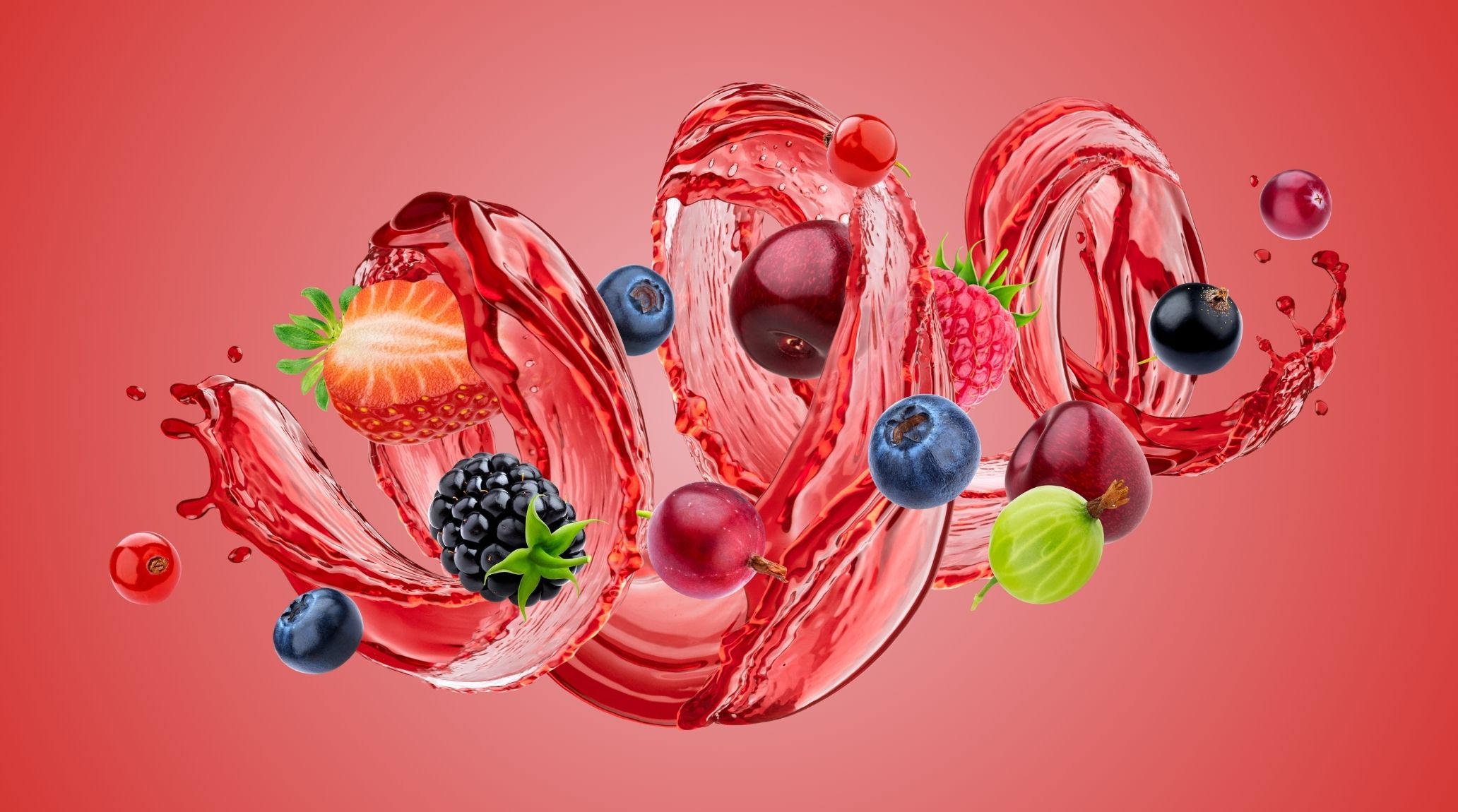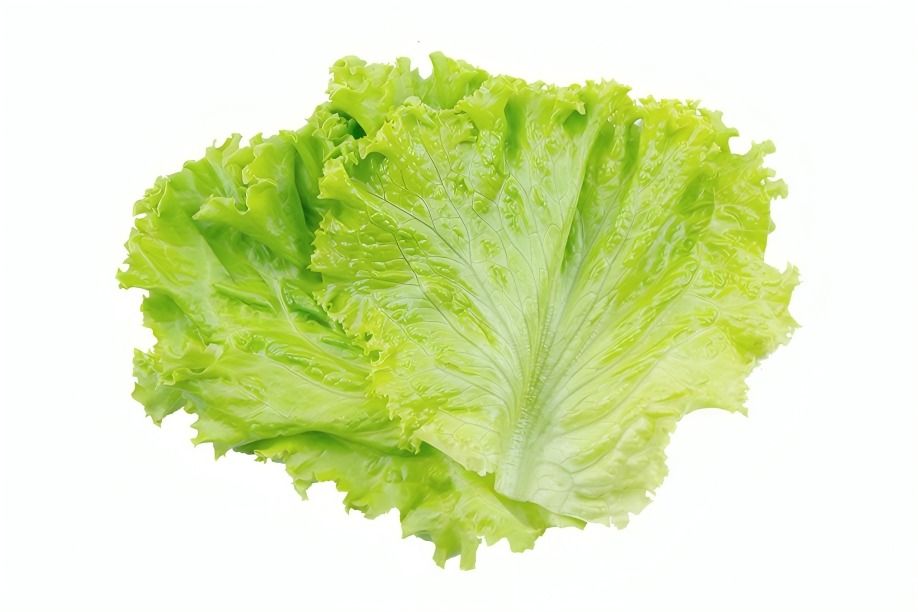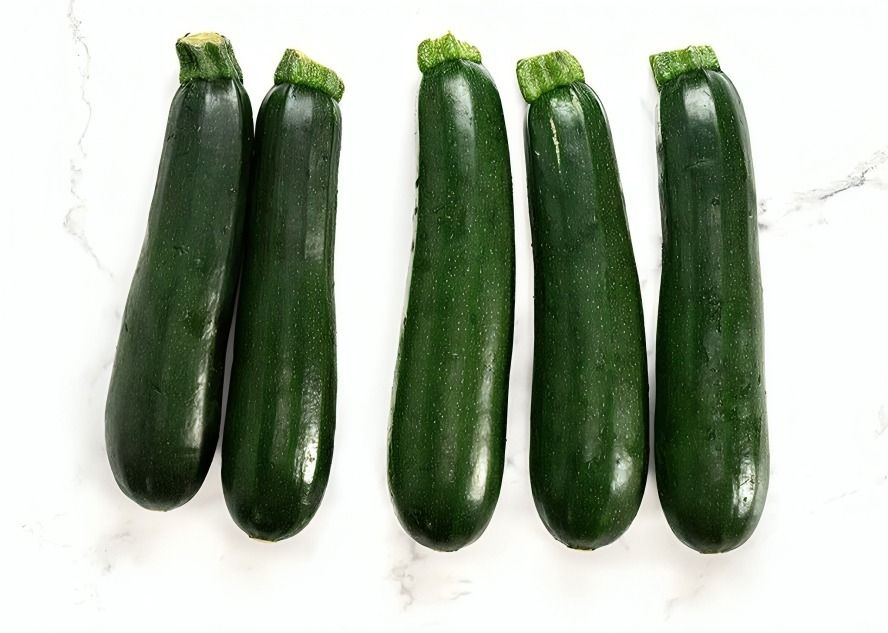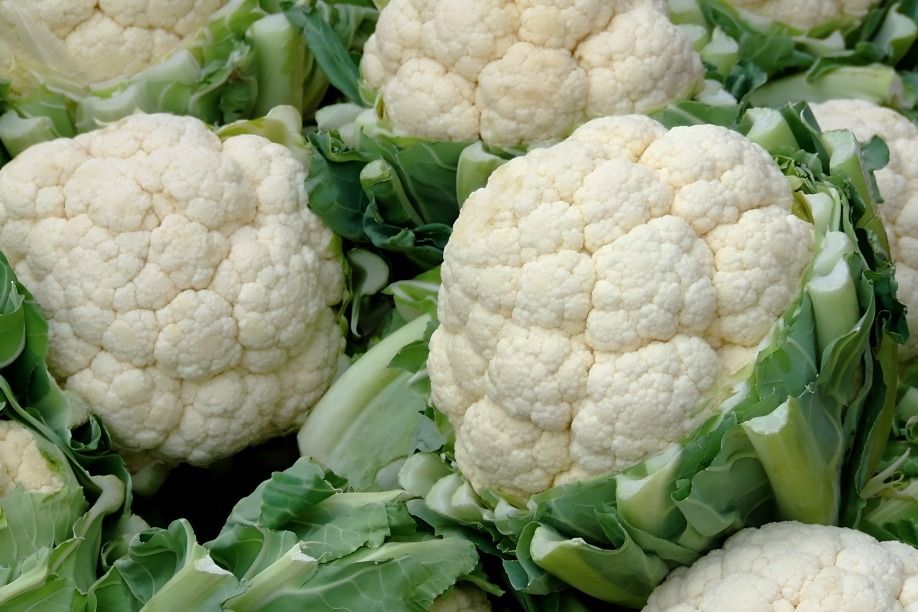
“
Water is often overlooked as a nutritional element, but it’s essential for life. It keeps our organs functioning properly, helps flush toxins from the body, and is necessary for digestion, circulation, and temperature regulation. This article presents 20 Key Nutritional Facts About Water, covering everything from how it affects energy levels to its role in maintaining a healthy digestive system. Staying hydrated is key to a balanced, healthy body.1
1
”
Watermelon is composed of about 92% water, making it one of the most hydrating fruits. It's rich in vitamins A and C, promoting skin health and immunity. Eating watermelon can help replenish fluids lost during hot weather.1
Cucumbers are about 95% water, making them an excellent choice for hydration. They contain vitamins K and C, which support bone health and immune function. 2

Lettuce, particularly iceberg, contains around 95% water. It provides a crisp texture to salads and is low in calories, making it a great hydrating snack. Rich in vitamins A and K, it also promotes eye health and bone strength.
Celery is made up of about 95% water and is a crunchy, low-calorie snack. It provides potassium and fiber, which support heart health and digestion. Including celery in your diet helps maintain hydration, especially during physical activity. 3
Strawberries contain about 91% water, making them a refreshing hydrating fruit. They're packed with antioxidants and vitamins C and K, which enhance skin health and immune function. 4
Cantaloupe is approximately 89% water and is rich in vitamins A and C. It supports skin health and aids in hydration, making it a perfect summer snack. This sweet melon is low in calories, making it ideal for weight management. 5
Peaches are about 89% water, providing hydration along with vitamins A and C. They help maintain skin health and support the immune system. Enjoying fresh peaches can satisfy your sweet cravings while keeping you hydrated. 6
Tomatoes contain around 95% water and are rich in lycopene, an antioxidant linked to heart health. They also provide vitamins C and K, which promote skin health and healing. Including tomatoes in your meals can boost hydration and nutrient intake.7

Zucchini is approximately 95% water and is low in calories, making it a hydrating vegetable choice. It provides vitamins A and C, promoting eye health and immune function.
Bell peppers, especially the green variety, are about 92% water and are packed with vitamins A and C. They support immune health and skin integrity. Including bell peppers in your diet can enhance hydration and add vibrant color to meals. 8
Radishes contain approximately 95% water and are low in calories. They provide vitamin C and are known for their detoxifying properties. Including radishes in your diet can help maintain hydration and support digestion. 9
Pineapple is about 86% water and is rich in vitamin C and bromelain, an enzyme that aids digestion. It supports immune health and provides a refreshing tropical flavor. 10
Spinach is around 91% water and is packed with iron and vitamins A and K. It supports overall health and promotes bone health and immune function. Including spinach in your diet can enhance hydration and provide essential nutrients. 11

Cauliflower contains approximately 92% water and is a versatile, low-calorie vegetable. It's high in fiber, promoting digestive health and helping with weight management.
Grapefruit is about 88% water and is rich in vitamins A and C. It supports hydration, weight management, and heart health. Consuming grapefruit can provide a refreshing, low-calorie option to help maintain hydration. 12
Broccoli is around 91% water and provides vitamins C, K, and fiber. It supports immune function, bone health, and digestion. Including broccoli in your diet can enhance hydration and overall nutrition. 13
Kale is about 84% water and is packed with vitamins A, C, and K. It supports eye health, immune function, and bone strength. Incorporating kale into smoothies or salads can help keep you hydrated while providing essential nutrients. 14
Asparagus contains approximately 93% water and is a good source of vitamins A, C, and K. It supports hydration and helps flush toxins from the body. Including asparagus in your meals can promote digestive health and nutrient absorption. 15
Blackberries are about 88% water and are rich in fiber and antioxidants. They promote digestive health and protect against cell damage. Enjoying blackberries can help maintain hydration while adding sweetness to meals. 16
Cherries are approximately 82% water and are rich in antioxidants and vitamins A and C. They support heart health and reduce inflammation. Eating cherries can keep you hydrated while offering a deliciously sweet snack. 17


